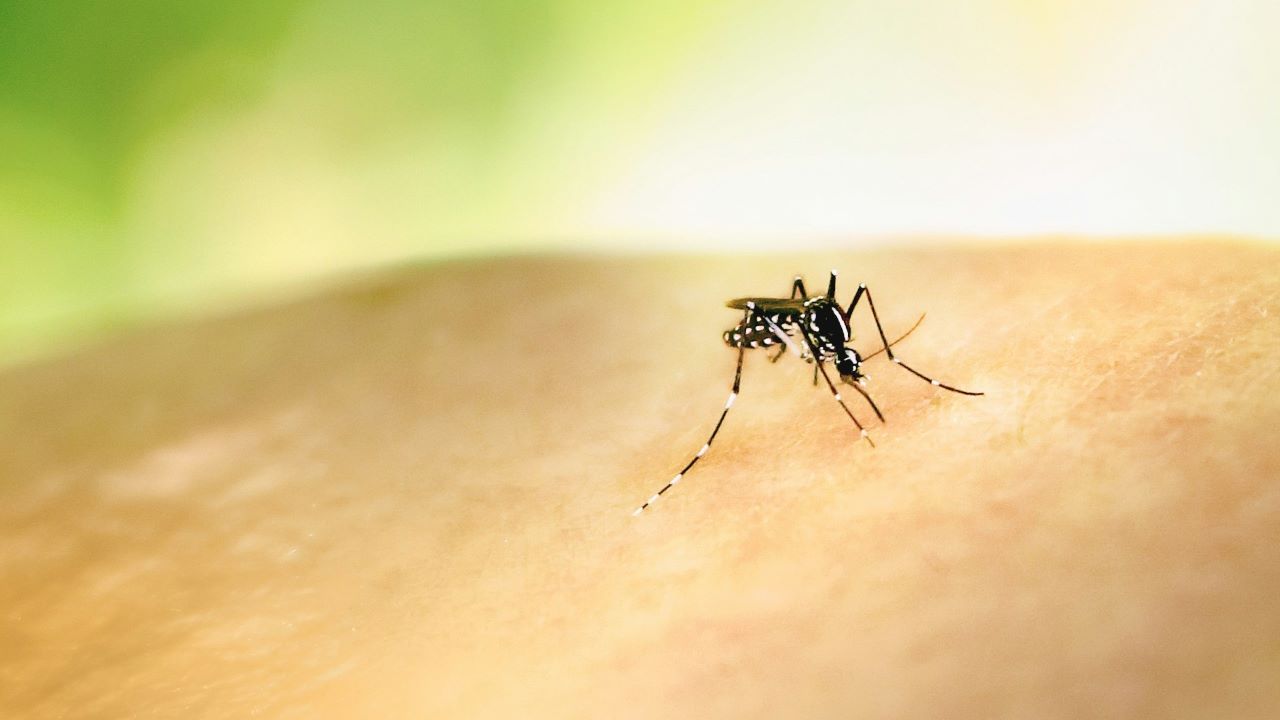OUTAGAMIE COUNTY — Two people have died and a third has been hospitalized with West Nile Virus, state health officials reported today.
The deaths occurred in Brown and Fond du Lac counties. One person has been hospitalized in Outagamie County, according to the Wisconsin Department of Health Services.
They are the first three cases reported this year.
WNV is spread to humans, birds, and other animals through the bite of an infected mosquito. Mosquitoes acquire WNV by feeding on infected birds. The virus is not spread directly from person to person, animal to animal, or animal to person, according to a DHS news release,.
An average of 18 cases of WNV illness are reported among Wisconsin residents every year. WNV transmission can occur any time that mosquitoes are active; however, most people with WNV report becoming ill in August or September.
Most people who are infected with WNV do not have symptoms. Those who do become ill may experience fever, chills, headache, muscle ache, rash, and fatigue. Some people will develop severe illness with symptoms that include high fever, muscle weakness, stiff neck, disorientation, mental confusion, tremors, paralysis, seizure, and coma. Older adults and those with compromised immune systems are at greater risk of developing severe illness that can be fatal. It is important that people contact a health care provider if they suspect they have WNV illness.
The best way to avoid illnesses spread by mosquitoes is to reduce exposure to mosquitoes and eliminate mosquito breeding sites. Mosquito activity and the risk of infection with WNV will continue through the rest of summer and into the fall until there is a hard frost (temperature below 28 degrees Fahrenheit for at least four straight hours). DHS offers these tips to protect yourself and your family against mosquito bites:
- Avoid mosquito bites
- Apply an insect repellent with DEET, picaridin, oil of lemon eucalyptus, or IR3535 to exposed skin and clothing.
- Treat clothing with permethrin prior to heading outdoors; do not apply permethrin directly to skin.
- Consider rescheduling outdoor activities that occur during evening or early morning hours, when mosquitoes that spread WNV are most active.
- Wear long-sleeves, long pants, and socks when outdoors to help keep mosquitoes away from your skin.
- Mosquito-proof your home
- Prevent mosquitoes from breeding around your home by removing stagnant water from items around your property.
- Empty standing water that has collected in tin cans, plastic containers, flower pots, discarded tires, roof gutters, and downspouts.
- Turn over wheelbarrows, kiddie pools, buckets, and small boats such as canoes and kayaks when not in use.
- Change the water in bird baths and pet dishes at least every three days.
- Clean and chlorinate swimming pools, outdoor saunas, and hot tubs; drain water from pool covers.
- Make sure window and door screens are intact and tightly fitted to prevent mosquitoes from getting into your home.
- Trim or mow tall grass, weeds, and vines since mosquitoes use these areas to rest during hot daylight hours.
Find more information on illnesses spread by mosquitoes and additional ways to Fight the Bite on the DHS website.



